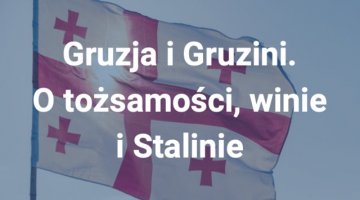Analyses
Russian-Georgian compromise allows Russia's accession to WTO
On 4 November, Maxim Medvedkov – Russia's chief negotiator for its membership of the World Trade Organisation – announced that the Russian Federation and Georgia had come to a compromise agreement on monitoring goods traffic at their border. Details of the initialled agreement, which was signed on 9 November, have not yet been published. From official reports, it is known that the parties have agreed to monitoring and an electronic data exchange system for trading goods in the three transport corridors between Georgia and Russia (on the Abkhazian and South Ossetian sections of the Russian-Georgian border). This task will be entrusted to a private company chosen by the Swiss (who are mediating between the two countries) and accepted by both parties.
Commentary
- This compromise means that Russia has overcome the last obstacle on its 18-year-long road to WTO membership, and allows the accession negotiations to be completed. A final report containing the conditions for the Russian Federation’s membership was adopted on 10 November at the formal meeting of the working group which brings together the WTO countries most interested in trade with Russia. A vote will be held on Russia’s application for admission to the organisation at the WTO Ministerial Conference on 15-17 December. Russia will become a full member 30 days after it completes the ratification procedure (which would take place in spring 2012).
- The agreement with Russia is a success for Georgia. Thanks to this compromise, Tbilisi has prevented a symbolic undermining of its territorial integrity and sovereignty over the breakaway republics of South Ossetia and Abkhazia. The compromise also allows Russia to maintain the status quo in the region. The agreement to trade monitoring on the Georgian-Russian border, however, will not restore Tbilisi’s control over these republics, which Russia has recognised as independent states. It is also doubtful whether it will be very effective, if the monitoring company’s remit turns out to be too narrow.
- It seems that the key to Georgia's constructive approach in its negotiations with Russia was the attitude of its Western partners (especially the European Union and the US), who are particularly interested in Russia joining the WTO. Tbilisi hopes that unblocking the Russian accession process will result in stronger support from the West for Georgia. Upon the news that the compromise had been reached, the European Commission President Jose Manuel Barroso announced that the EU would continue its work regarding political and economic integration with Georgia, including the creation of a Deep and Comprehensive Free Trade Area. Tbilisi expects that negotiations on this matter may even commence before the end of this year.


